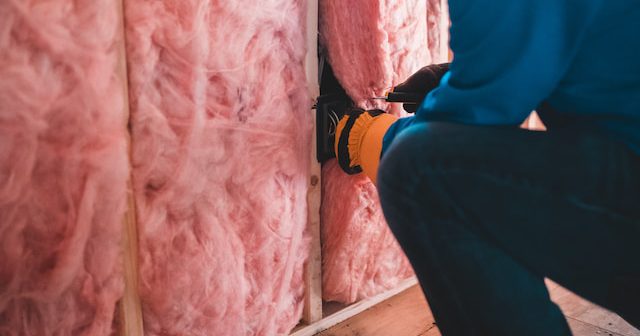Everyone knows that the world is heating up. The ice caps are melting, glaciers are tumbling into rivers, and extreme heat waves are becoming more common. Some places are issuing unprecedented heat warnings, telling people to stay indoors during the hottest part of the day, as happened in the U.S. in 2022.
It looks like temperature rises are going to be a feature of the world going forward. Therefore, homeowners should consider taking steps today to deal with rising temperatures.
But what, exactly, can you do to get ready for scorching summers? Here are some options:
Install Window Coverings
If you go to southern Europe, you’ll notice many properties have big window coverings. These aren’t just cultural artifacts. They are actually a great way to cool your home. Use curtains, blinds, or shades to block out the direct sunlight and reduce heat gain. You might also want to add shutters to the outside of your windows to reflect the heat of the day back out into the environment. Where possible, use light-colored fabrics that reflect the light and don’t absorb too much heat. If there’s an option, choose white, as this color absorbs the lead infrared radiation.
Add Ceiling Fans
If you go to the tropics, you’ll notice that most regular people have ceiling fans. A constant breeze helps the body sweat and lose heat. If you want the air to be cold, you can also place a bowl of ice in front of a fan to create a cool mist. This setup is great in bedrooms.
Consider Changing Your Flooring
Changing your flooring can also affect the heat of your rooms. You want options that conduct heat well or don’t hold onto the heat of the day. You might also consider a raised flooring system installation since these provide space for under-floor cooling systems and pipework for HVACs.
Don’t Use Appliances That Generate Heat
Another cool tip is to avoid using appliances that generate heat, such as ovens, stoves, dishwashers, or dryers. During the summer, consider washing dishes by hand and leaving your clothes out to dry on a line. You can also eat fresh salads instead of relying on your cooker.
If you have to use these machines, do it in the early morning or late evening when it’s cooler. Otherwise, you may find yourself sweating uncontrollably.
Improve Your Insulation
While it might sound strange, improving your insulation can help keep your home cool in the summer. That’s because it prevents the hot air from getting in. Consider adding insulation to your walls, floors, and ceilings, especially if your home is older and not well-insulated. If you have a cavity wall, pump insulating foam into it and add double-glazing if you don’t have it already. A well-insulated property with air conditioning can remain cool, even on the hottest days.
Sort Out Your Bedroom

Lastly, make sure you choose breathable bedding materials, such as cotton, linen, or bamboo for the bedroom. These let air flow and wick away the moisture from your body.





Thank you for sharing this amazing article. Another thing you shouldn’t neglect is preparing your air conditioner for summer. If your air conditioner has not been checked yet, then now is the time to do it. And here’s a guide that might help: Spring HVAC Maintenance Tips for Homeowners.
Also, think about smart thermostat installation. While smart thermostats cost more than mechanical thermostats, the benefits they provide are well worth it. Besides the ultimate convenience, smart thermostats save you money and keep the system running more efficiently.
Also, consider upgrading your HVAC system with a new energy-efficient option. When upgrading your HVAC system, look into appliances with a high SEER rating — these ones are more energy-efficient. Also, please remember to check the new HVAC regulations for 2023. These changes are legally effective from January 1 this year.
Thank you for the reminder! I only want to add that new minimum efficiency requirements differ in northern and southern states. In this article, you can find a map and find out “your minimum”: https://www.gervaismechanical.com/seer-ratings-are-changing-new-efficiency-standards-for-hvac-systems-in-2023/.
While buying energy-efficient appliances is indeed a great step towards reducing energy consumption, it’s important to remember that the responsibility doesn’t end there – you also need to remember to maintain them properly for better energy efficiency. For example, regular HVAC maintenance can improve a home’s energy efficiency by up to 15%. And poorly maintained systems can become a real energy drain.
Before summer arrives, it’s also important to consider AC replacement. By upgrading to a newer and more efficient unit, you can save money on your monthly energy bills. But if you have an old or inefficient AC, it might be costing you more money than necessary.
Adding ceiling fans is a good idea because well-placed ceiling fans around your home assist your air conditioner and reduce air conditioning costs in summer. When working with AC, a ceiling fan can lower a room’s temperature by 2-3 degrees, while also increasing airflow throughout your space in a way your air conditioner cannot.